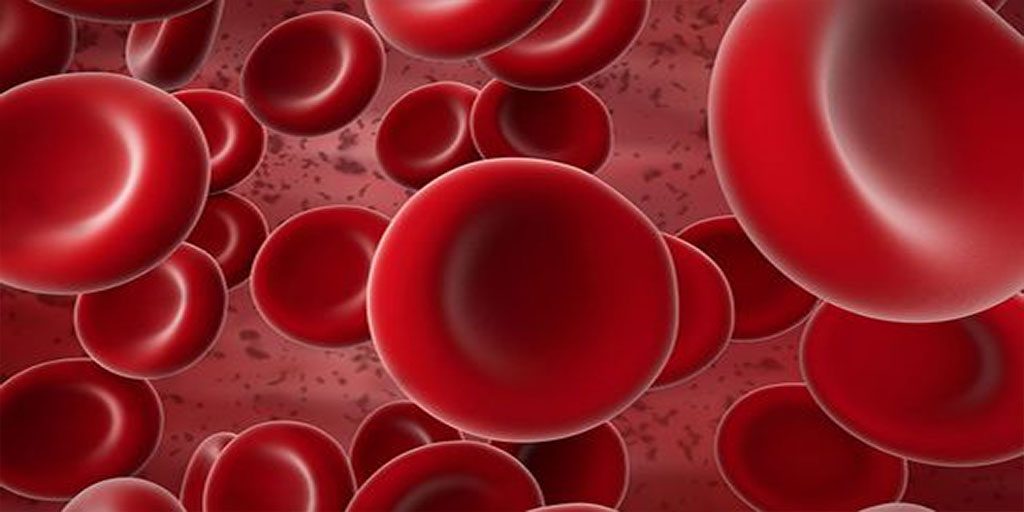


30th October 2022
Is it normal to notice blood clots during your period?
By Jon Johnson
It might be surprising to see a thick glob of menstrual blood, but, in most cases, blood clots are a natural part of menstruation.
They are also an example of the body's natural defense mechanism. The thick, jelly-like texture of a menstrual clot helps prevent too much blood from escaping.
This clotting function is beneficial elsewhere in the body when there is an injury to the tissue, such as a cut or laceration.
Menstrual clots generally occur when the flow is heavy. As a result, they are more common during the first 2 days of menstruation, which is typically the heaviest part of a period.
Clots arise as a result of the uterine lining shedding increased amounts of blood. When the blood pools in the uterus or vagina, it begins to coagulate, much like it would on an open skin wound.
The consistency of menstrual blood varies both throughout the period and from one period to another. People may experience a heavy flow containing menstrual clots one month, and a lighter flow with no clots the next month. This variation is natural and changes may occur due to diet and lifestyle factors.
Menstrual clots can be bright in color, or a darker, deeper red. More sizeable clots may look black. Menstrual blood begins to appear darker and more brown toward the end of each period as the blood is older and leaving the body less quickly.
Causes of menstrual clots
During menstruation, the endometrial cells that line the uterus strip away and leave the body. As this happens, the body releases proteins that cause the blood in the uterus to coagulate. This coagulation prevents the blood vessels in the uterine lining from continuing to bleed.
The blood that the body has already shed also contains these coagulation proteins.
When the flow is most substantial, the coagulation proteins within the blood may start to clump together, resulting in menstrual clots. This generally occurs when menstrual blood pools in the uterus or vagina before leaving the body.
Although it is normal to have clots in the blood during menstruation, this symptom can sometimes signal a medical issue. It is advisable to seek medical advice if the clots:
- are larger than a quarter in size
- are very frequent
- occur with an abnormally heavy flow that requires a person to change their pad or tampon at least every 1–2 hours
- occur with significant pain
The following conditions may cause abnormal menstrual clots:
Uterine polyps or fibroids
A blockage in the uterus may stop it from contracting as it should, meaning that it cannot force the blood out as quickly as usual. The blood will leave the body more slowly so it will have more time to pool and form clumps.
The blockage can also cause a heavier flow, which results in more blood pooling.
Blockages may occur as a result of growths in the uterus. These include uterine polyps and fibroids, which are not cancerous but can cause other health issues without proper management.
Uterine polyps and fibroids consist of either endometrial or muscular tissue that grows in the uterine wall. They can cause symptoms such as:
- persistent lower back pain
- pain during sex, or dyspareunia
- feeling bloated
- fertility issues
- irregular spotting
Endometriosis
Endometriosis is a condition that causes the tissues of the uterine lining to grow outside of the uterus. This abnormality can lead to several symptoms, which may be worse around the time of menstruation.
Symptoms of endometriosis often include:
- pain and cramping in the pelvis or lower back
- very heavy periods, or menorrhagia
- painful periods, or dysmenorrhea
- discomfort or pain during sex
- fertility issues
Adenomyosis
In people with adenomyosis, the uterine lining grows into the muscular wall of the uterus. This can make the endometrial lining and uterine wall much thicker, which can lead to a much heavier flow during a period. As a result, it is more likely that blood clots will appear in the menstrual blood.
Hormonal imbalances
The balance of hormones in the body is essential for maintaining a healthy uterus. If the levels of specific hormones become unbalanced, many issues can occur, including heavy menstruation or clotting.
Miscarriage
During a miscarriage, or pregnancy loss, a person will usually pass a number of large clots, depending on the stage of the pregnancy. Pregnancy loss can sometimes occur before a person knows that they are pregnant so they may mistake an early miscarriage for a regular menstrual cycle.
Enlarged uterus
After numerous pregnancies, a person's uterus will remain somewhat larger than it was before. An enlarged uterus can also be due to structural issues, such as fibroids. There will be additional space for the blood to pool in, which could lead to further clotting before it exits the body.
Bleeding disorders
Some bleeding disorders may be responsible for heavy menstrual flow, as they can affect the coagulation proteins that the uterine lining needs to stop menstrual bleeding.
Disorders such as platelet function disorder or von Willebrand's disease (VWD) may cause abnormally heavy menstruation.

NOTICE
IF ANYONE WANTS NEWS NOTIFICATIONS VIA WHATS APP PLEASE SAVE OUR NUMBER AND SEND US A MESSAGE AT 7584896261 AND WE WILL ADD YOU TO OUR LIST



